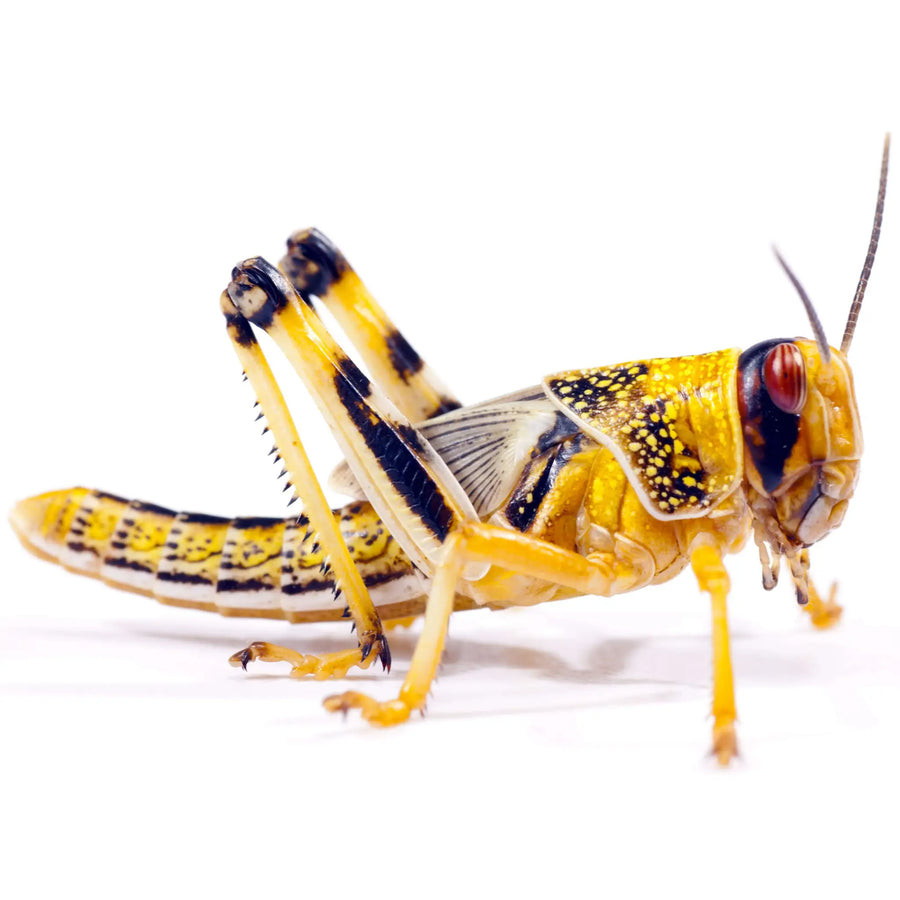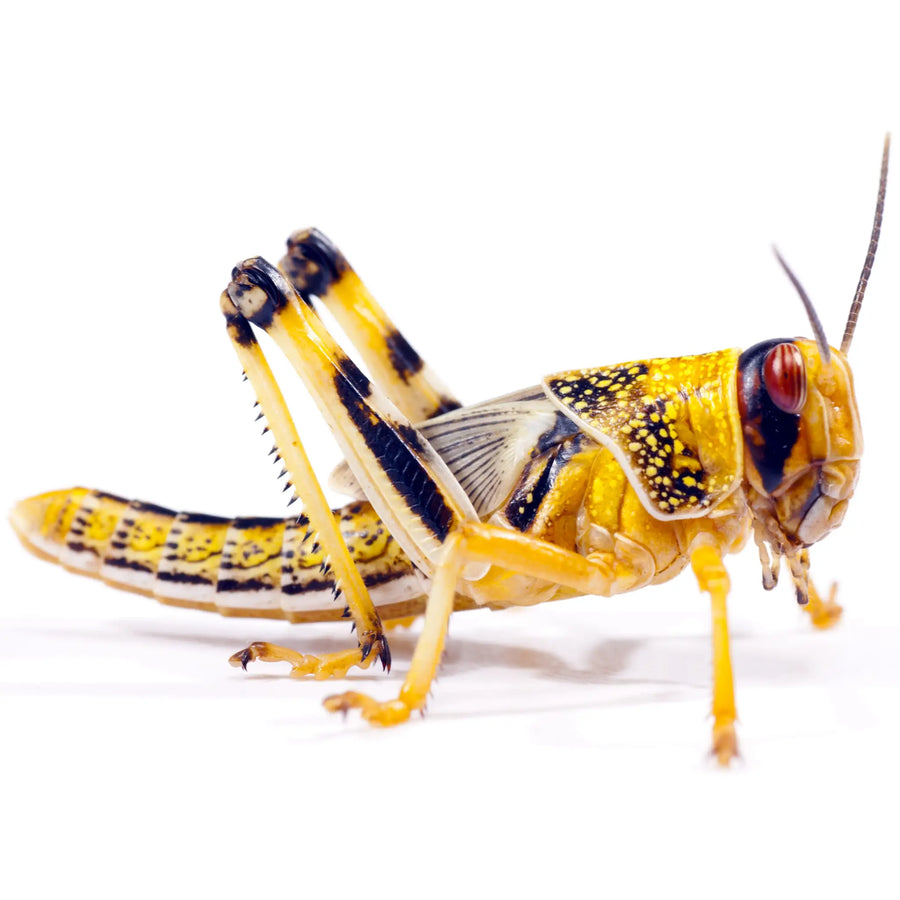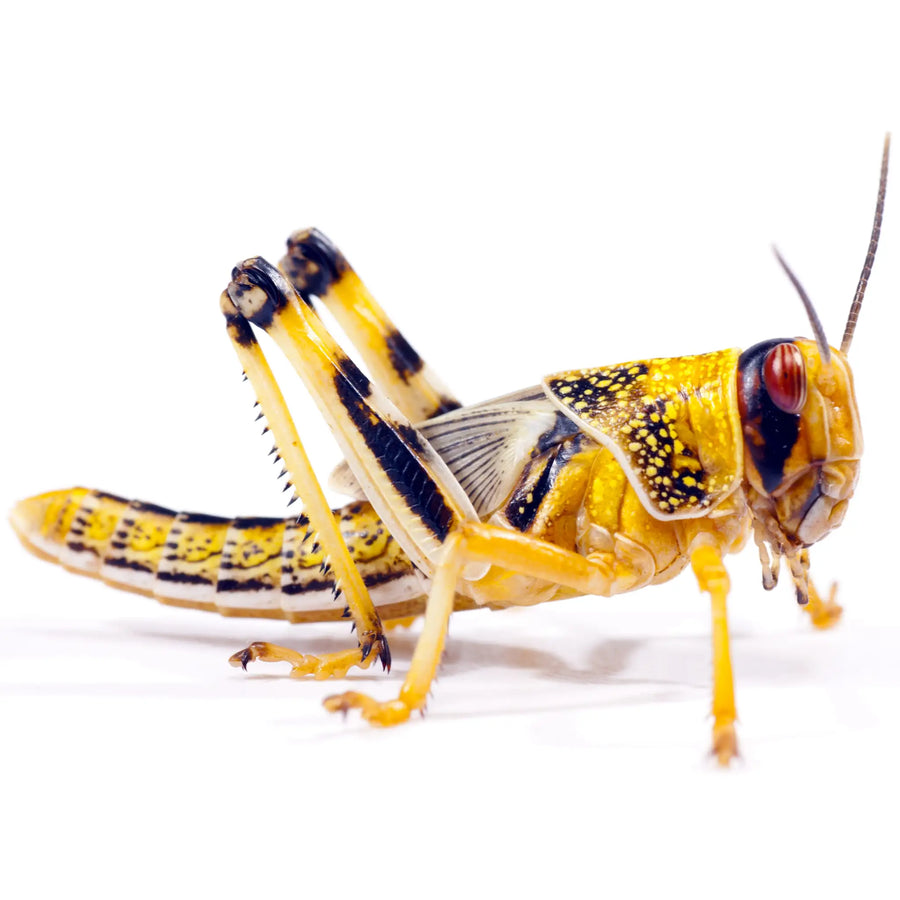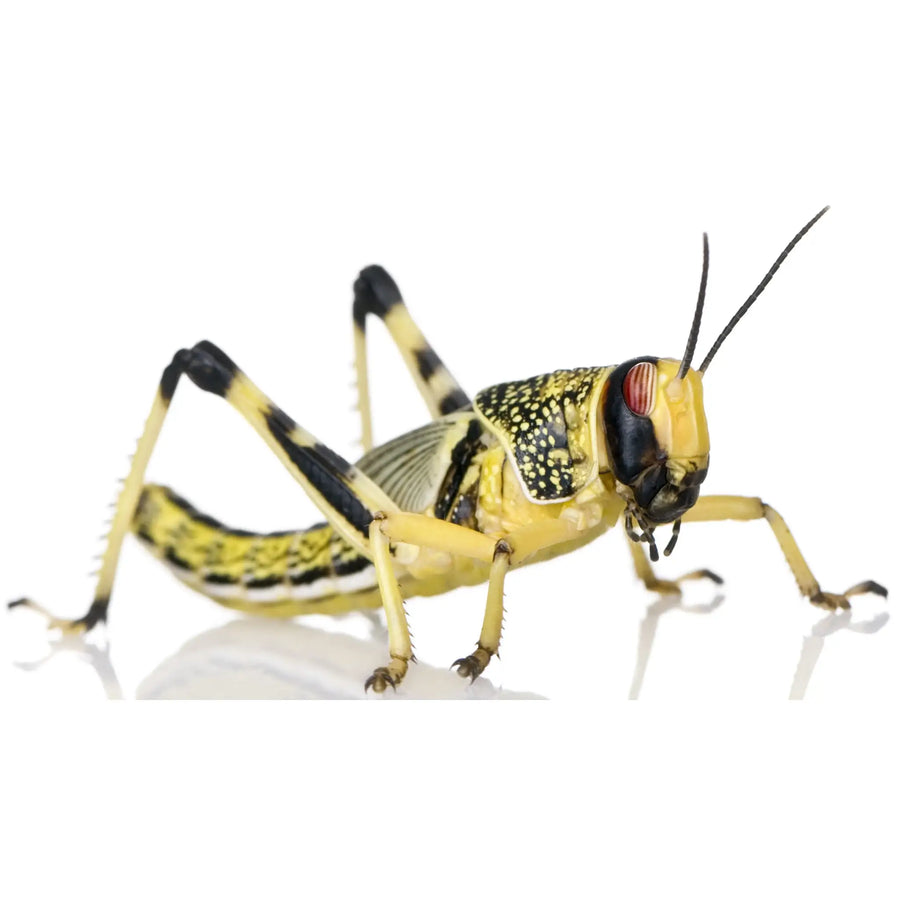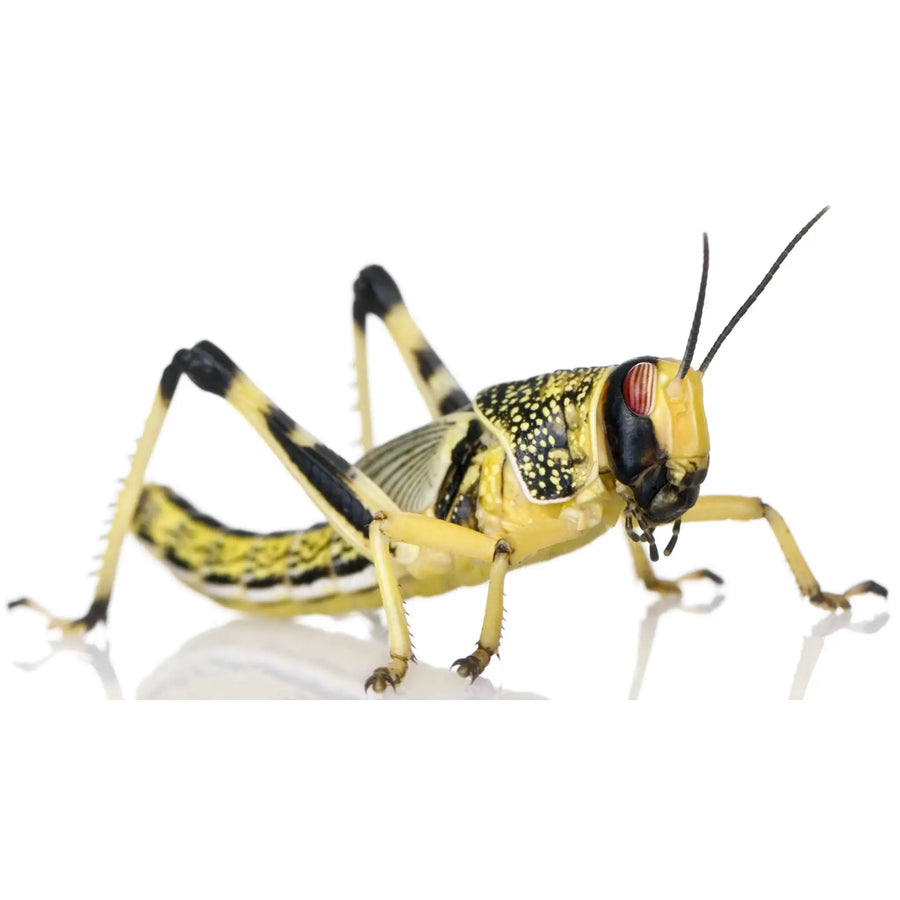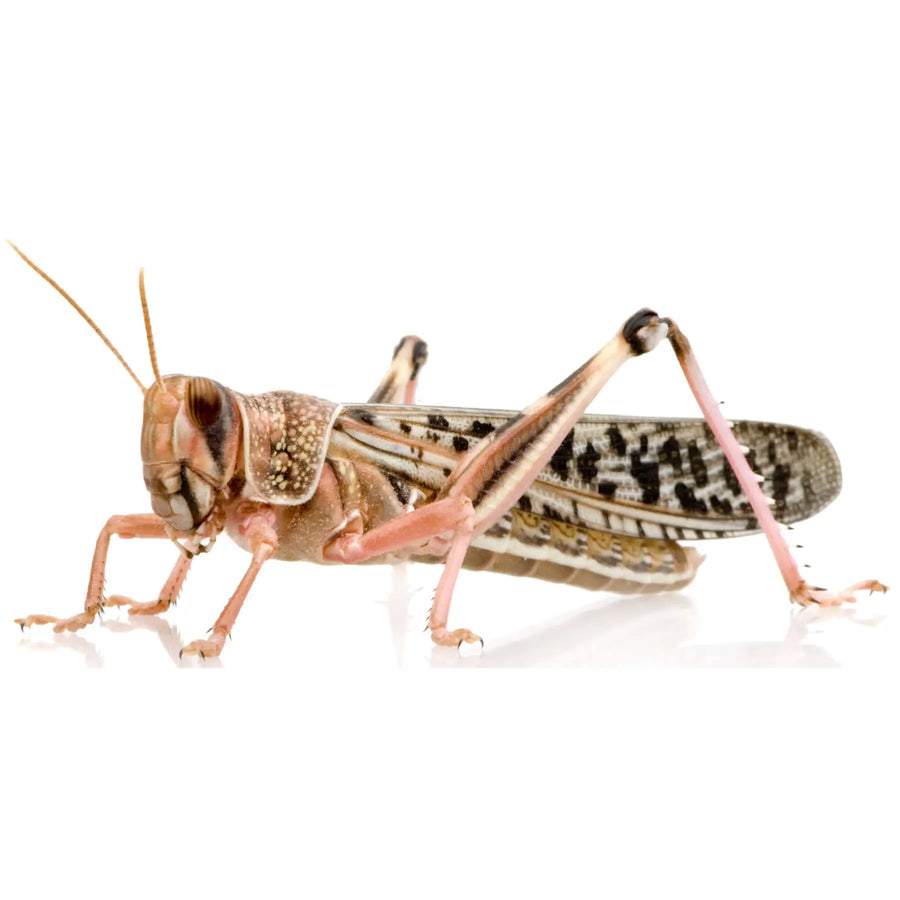6 products
Free Delivery
On order over £79*
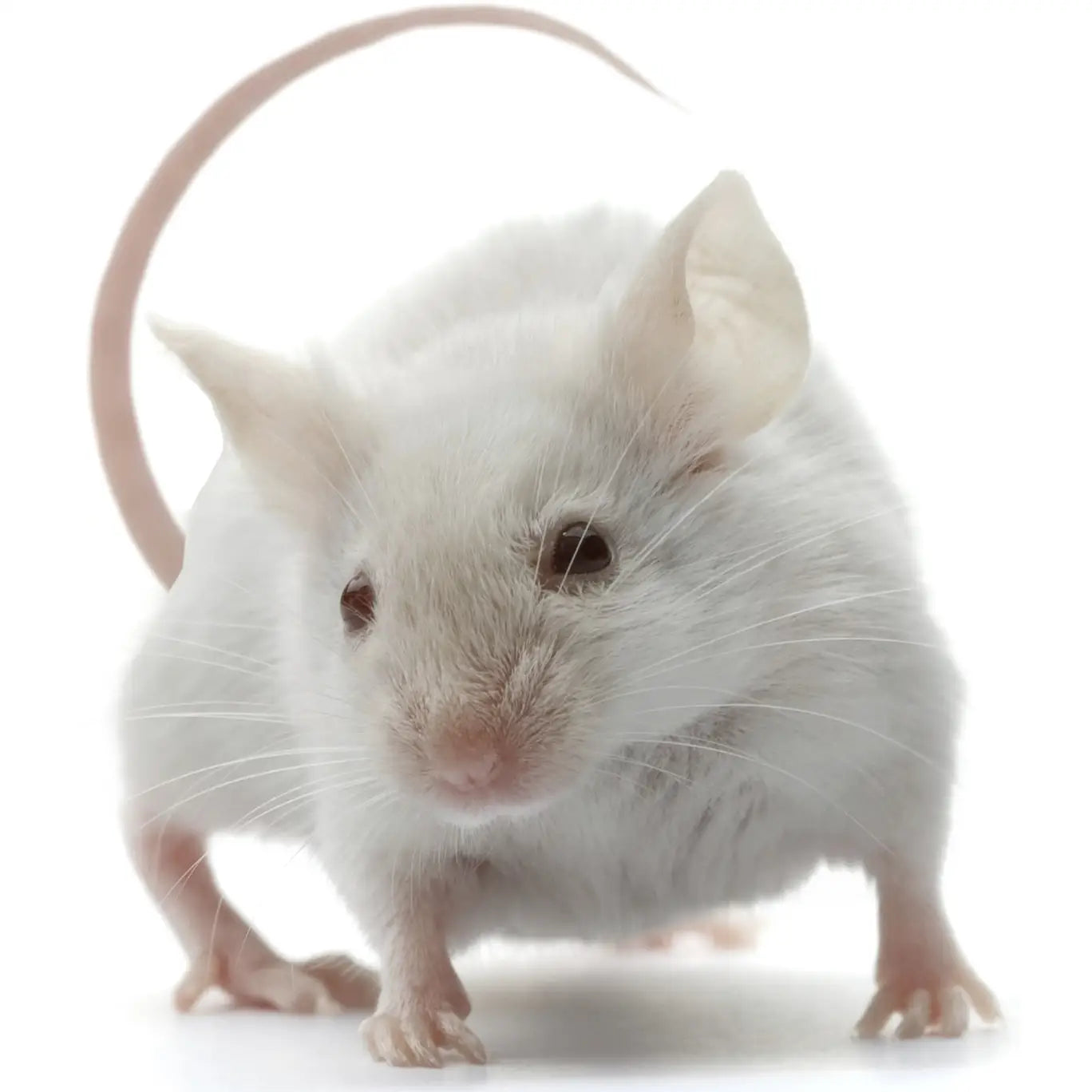





Live Food Freshness Guaranteed or your money back

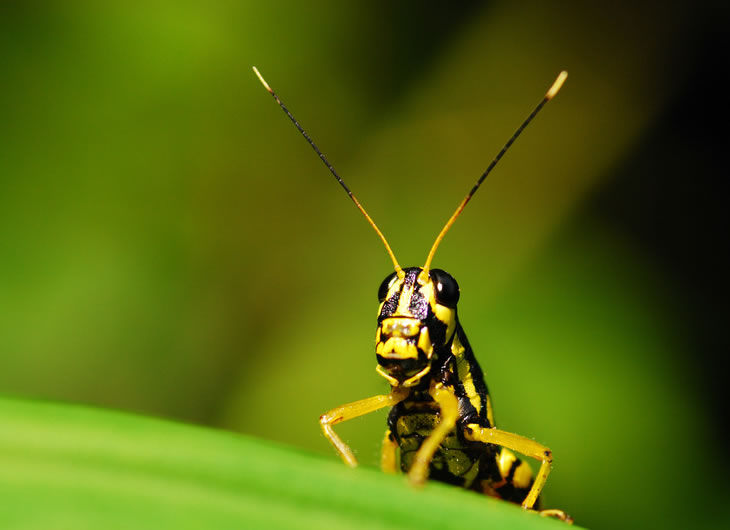
Here at the Northampton Reptile Centre, we understand that only the freshest and healthiest live foods should be used for your pets. That is why we strive to provide the healthiest, most nutritious and active locusts on the market.
Our locusts are farm-bred in ethical conditions and well-fed with excellent food and organic vegetation, ensuring that they are as nutritious as possible when they get to you. We also gut-load the locusts before packaging, to ensure that they arrive active and healthy.
These locusts are an integral and popular food source for many reptile's diets. We feed them to our turtles, chameleons, bearded dragons, basilisks, tarantulas, spiny-tailed monitors and many more.
There are several things you can do to keep locusts alive:
Locusts are strictly vegetarian, so only feed them fresh insecticide-free grass, leafy greens or cabbage.
Locusts are suitable for feeding indoors, as they won’t survive long outdoors.
Make sure to feed them enough and give them enough space, as they are cannibalistic and can start biting each other.
Locusts have an amazing growth rate - they can go from hatching from an egg pod to reproducing within 42 days, so separate the adult locusts from the babies.
Locusts are an attractive food source for many reptiles, including bearded dragons, as they provide more nutrition than any other live food. Additionally, due to them being slightly slower moving than crickets and having a bright yellow wing case, they are easy to catch for reptiles. Lastly, they’re ideal for reptile keepers - overfeeding isn’t a risk, as there’s no chance of locusts biting back.
Keep locusts in a well-ventilated tub at room temperature with access to fresh air and dry surroundings. Avoid humidity and cold. Feed with leafy greens or bug grub, and remove waste daily to keep them healthy and active.
Besides large locusts, Northampton Reptile Centre sells a range of live food in various sizes and bulk bags. This includes mealworms, brown crickets, cockroaches, grubs, waxworms and flies.
Sign up to the Reptile Centre newsletter so you don't miss out on all the latest offers and guides to give your pet the best they deserve


